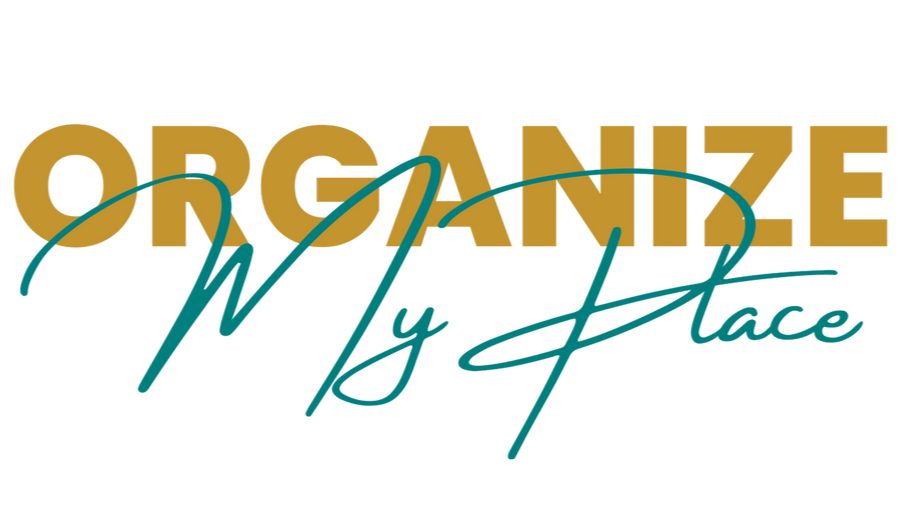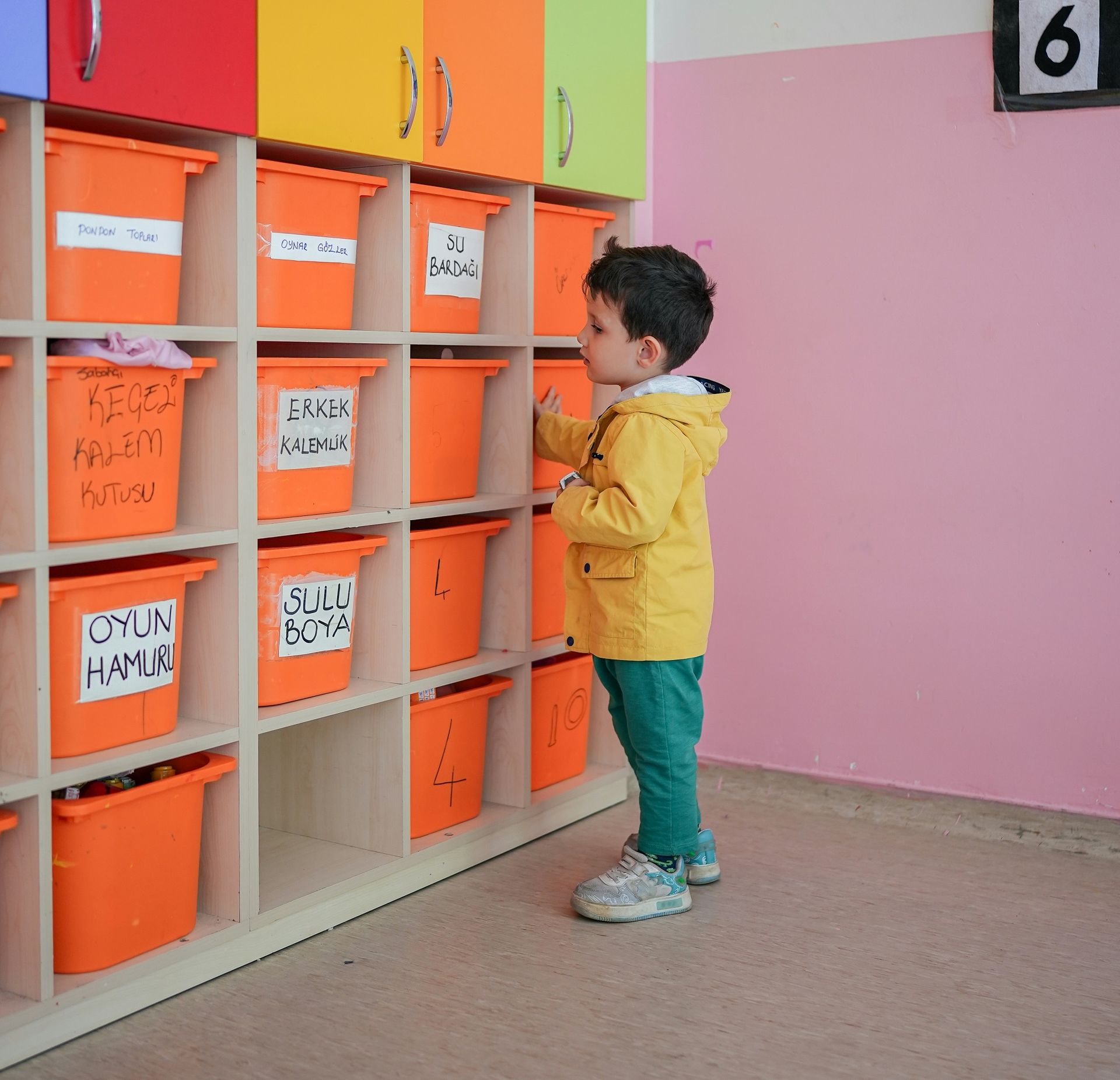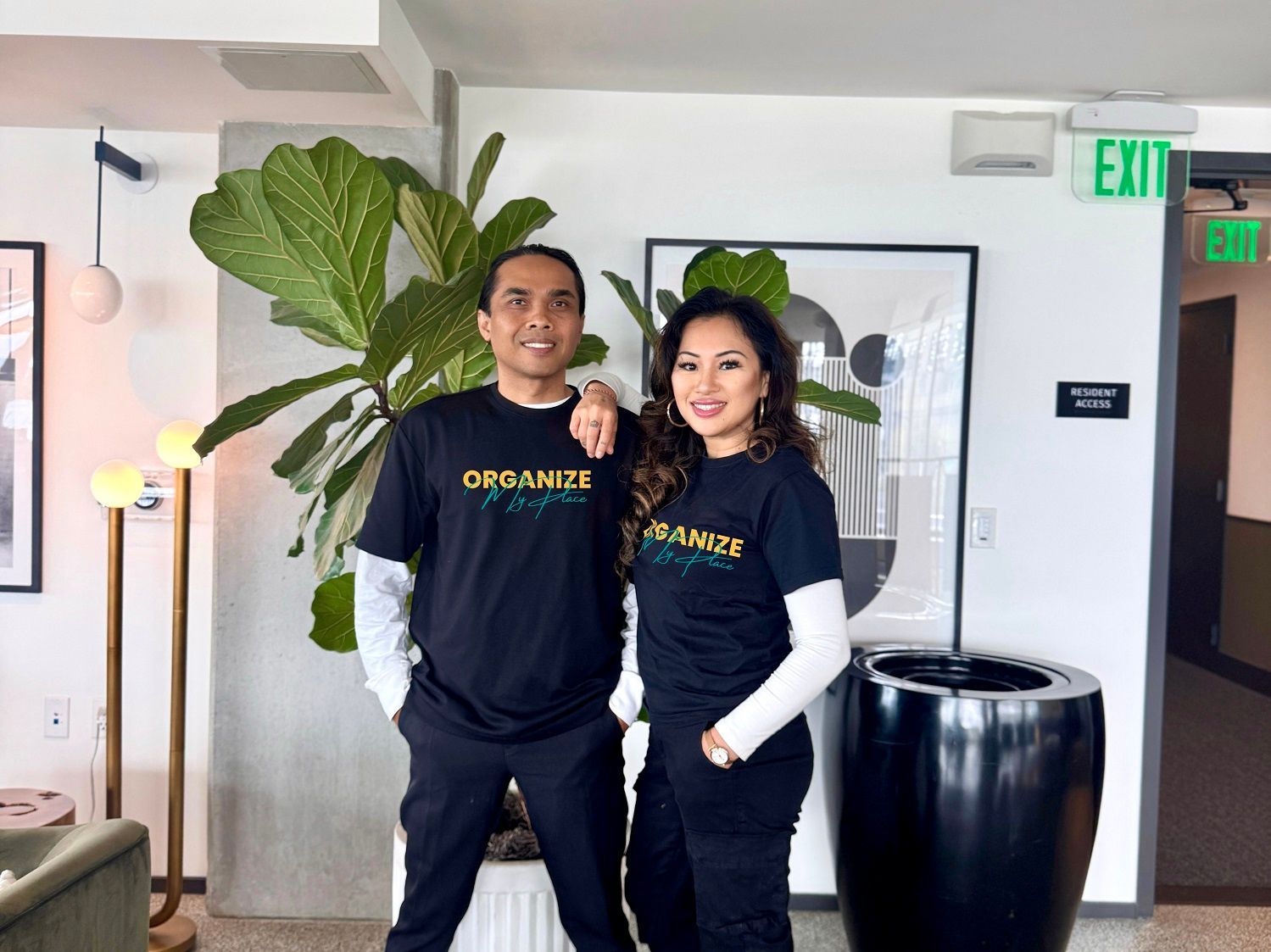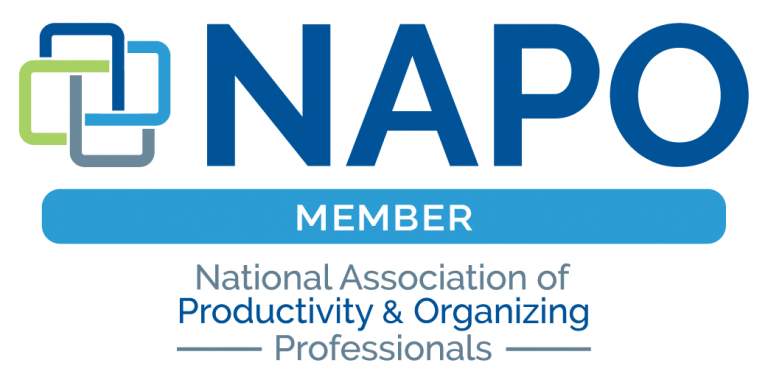Why It’s So Hard to Let Go of Things—And What to Do About It
Compassionate decluttering and hoarding support in San Francisco & the East to South Bay
Feeling Overwhelmed by Clutter?
Living in a space cluttered with stuff can feel stressful, overwhelming—or even shameful. Whether you’re simply holding on to extra items or you’re dealing with more serious hoarding behaviours, the question “Why can’t I let go of things?” is a real one.
Understanding the underlying reasons can help you move from stuck to supported. And if you’re looking for local help in the
San Francisco Bay Area—especially in the East Bay, where space is tight and move-in/move-out life is common—you’ll want real, practical strategies.
Do you feel buried in clutter, but too overwhelmed to even think about tackling it? Or maybe you try to start, but it just feels too much—and you freeze in front of all that stuff.
Decluttering often gets painted as a purely physical task:
just get rid of things, right? But for most people, letting go isn’t simply about tidying up. It’s about
untangling years of emotion, memory, identity, and sometimes trauma.
If you’ve ever stood frozen in front of a pile, unable to decide what to keep or toss—you’re not alone, and you’re not doing anything wrong. In fact, the deeper reasons why we hold onto things are often invisible—buried beneath the surface.
At
Organize My Place, we understand that clutter is never just about “too much stuff.” It’s often a reflection of stress, change, loss, or the challenges of managing daily life when your mind works a little differently. We specialize in helping clients who identify as
neurodivergent, live with
ADHD, experience
hoarding tendencies, or simply feel overwhelmed by years of accumulated belongings.
Our approach is trauma-aware, empathetic, and completely non-judgmental. We meet you exactly where you are—emotionally, mentally, and physically—without pressure or shame. Together, we move at a pace that feels safe and sustainable, breaking down large, intimidating projects into calm, manageable steps. Whether you need support to declutter, organize, pack for a move, or reclaim rooms that have become unusable, we bring structure, compassion, and understanding every step of the way.
We don’t just organize your home—we support your healing. By creating order in your surroundings, we help you rediscover comfort, confidence, and a sense of control in your everyday life. And if your journey also involves therapists, social workers, or family members, we’re happy to
collaborate as part of your support team, ensuring the process feels cohesive and respectful.
There’s no one-size-fits-all solution when it comes to clutter, but there is a path forward, we value meeting people where they are at, we believe it’s important to work with people you can trust and feel safe with. 👉 Learn about Our Values and Approach
The Decluttering Iceberg: What’s Beneath the Surface?
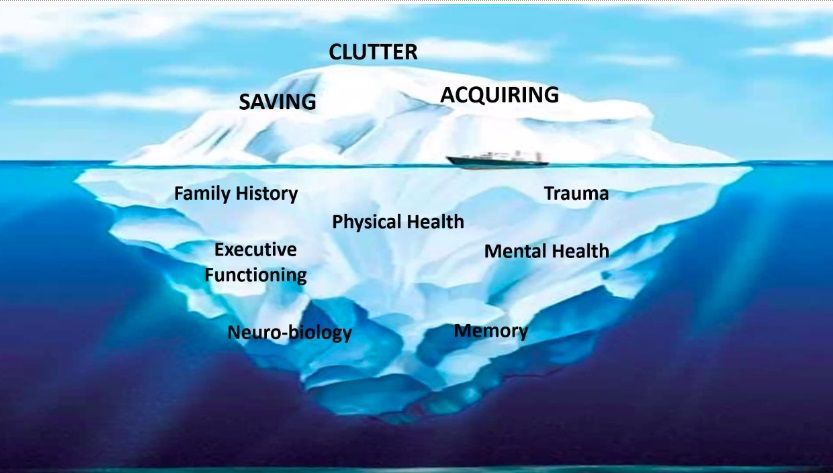
This concept, often illustrated by the “Decluttering Iceberg,” shows what we see above the surface—clutter, acquiring, and saving—are just the visible signs. But underneath lie the real roots:
- Trauma
- Grief and loss
- Mental health struggles
- Physical health limitations
- Executive functioning difficulties
- Family history
- Memory and neurobiology
This image is a powerful reminder that decluttering isn’t just a matter of willpower. It’s a layered, emotional process rooted in profound life experiences. For some, clutter isn’t just “stuff”—it’s security, identity, or even a way to manage overwhelming emotions.
Why It’s So Hard to Let Go of Things
1. Emotional & Psychological Attachment
Objects often carry deep meaning. They remind us of people, milestones, or identities. Letting go can feel like losing part of ourselves. In cases of hoarding disorder, this attachment can cause genuine distress at the thought of discarding even small items.
2. Decision Fatigue & Perfectionism
Every decision—keep, toss, donate—requires mental energy. Perfectionism (“I might need this later”) and fear of regret often keep people stuck in indecision.
3. Trauma, Loss & Scarcity
Past experiences of poverty, grief, or trauma can make “holding on” feel safer than “letting go.” For many, collecting or saving items becomes a coping mechanism—a way to create control and security.
4. Functional Impacts
In Bay Area homes, where space is premium, clutter can quickly impact daily life—making rooms unusable or unsafe. The more clutter grows, the more overwhelming it becomes to even start.
5. Shame & Isolation
Shame is a major barrier. People often avoid inviting others over or asking for help, leading to isolation. But clutter doesn’t mean failure—it means you need support, not judgment.
When Emotions Surface, Let Them Flow
As a professional organizer, I’ve seen it time and again: as the stuff goes,
emotions flow. Sorting through belongings can bring up everything from nostalgia and grief to guilt and anxiety—and that’s completely normal.
That’s why I take a
trauma-informed, compassionate approach to decluttering. For clients dealing with loss, trauma, ADHD, or long-term hoarding tendencies, it’s not just about organization—it’s about healing.
In some cases, I partner with licensed psychologists or mental health professionals to ensure clients are fully supported, especially when clutter is connected to emotional pain or mental-health challenges.
You’re Not Alone: Support Is Out There
For those struggling with chronic disorganization or hoarding behaviours,
Buried in Treasures support groups can be life-changing. Co-authored by David Tolin, Randy Frost, and Gail Steketee, the book Buried in Treasures explains that difficulty with clutter isn’t a character flaw—it’s a complex mix of emotional, mental, and neurological factors.
These evidence-based, peer-led groups offer a safe, judgment-free space to:
- Share experiences
- Learn cognitive and behavioural strategies
- Make progress at your own pace
- Feel seen, supported, and empowered
Many people combine group participation with professional organizing and therapy for the best long-term results.
Practical Steps You Can Take Now
If letting go feels heavy, it’s okay to start small. Try these steps that work especially well in Bay Area homes:
- Start small. Focus on a drawer, a box, or one shelf. Progress doesn’t have to be fast—just steady.
- Use a three-box method. Keep / Donate / Unsure. Revisit the “unsure” box later when emotions have cooled.
- Time-box it. Set a timer for 20-30 minutes. Avoid all-day marathons that lead to burnout.
- Visualize the benefit. Picture how your space will feel—lighter, calmer, more functional.
- Bring in support. A professional organizer or decluttering coach helps you move forward with structure and compassion.
Decluttering is just as much an emotional process as it is physical. And your journey is valid, no matter how long it takes.
Final Thoughts: Compassion Over Perfection
Letting go of things isn’t about creating a picture-perfect or “Insta-worthy” home. It’s about making space for peace, clarity, and a life that feels calm and manageable.
If you’re feeling overwhelmed, please know—you don’t have to do it alone. 🎥
See how we helped declutter a hoarded home in under two weeks—while still going at the client’s pace.
“The journey of a thousand miles begins with a single step.” — Lao Tzu
And that first step doesn’t have to be taken alone.
Hoarding disorder and chronic disorganization are recognized mental health challenges that affect people on emotional and cognitive levels—not just the physical one. Decluttering in these circumstances can often be overwhelming and too much for one person or family to handle. That’s why we believe in a
team approach—you don’t have to choose between therapy or organizing help. The best outcomes often come from both.
At
Organize My Place, we are
trauma-aware, compassionate, and non-judgmental. While we handle the physical side of organizing, packing, and decluttering, we also respect and understand the emotional process behind it. We work alongside you—and, when needed, in collaboration with therapists, case managers, or support groups—to make sure you’re cared for on every level.
We encourage you to
be brave and reach out—taking that first small step is often the hardest, but it’s also the beginning of real change. And if we’re not the right fit for your situation, we’ll gladly connect you with trusted referrals or local resources.
Reach out today for a free, no-pressure consultation.
Let’s take this one small, supported step at a time—together.
You don’t have to do this alone.
Help is just a call away.

Jess Hartono and Ari Arianom, founders of
Organize My Place, are a husband-and-wife professional organizing team based in the
East Bay, helping families, seniors, and busy professionals create calm, clutter-free spaces. Their services include
home organizing, pre-move decluttering, packing and unpacking,
business organization, hoarding and helping ADHD and neurodivergent people and hoarders.
Reach out at jess@organizemyplace.com or call 530 407 5275 or book a call back here to learn more.
Proudly Serving:
Oakland | Berkeley | Walnut Creek | Lafayette | Orinda | Moraga | Alameda | Piedmont | Danville | San Ramon | Pleasant Hill | Concord | San Leandro | and surrounding East Bay communities, I San Francisco, I South Bay and Peninsula.
